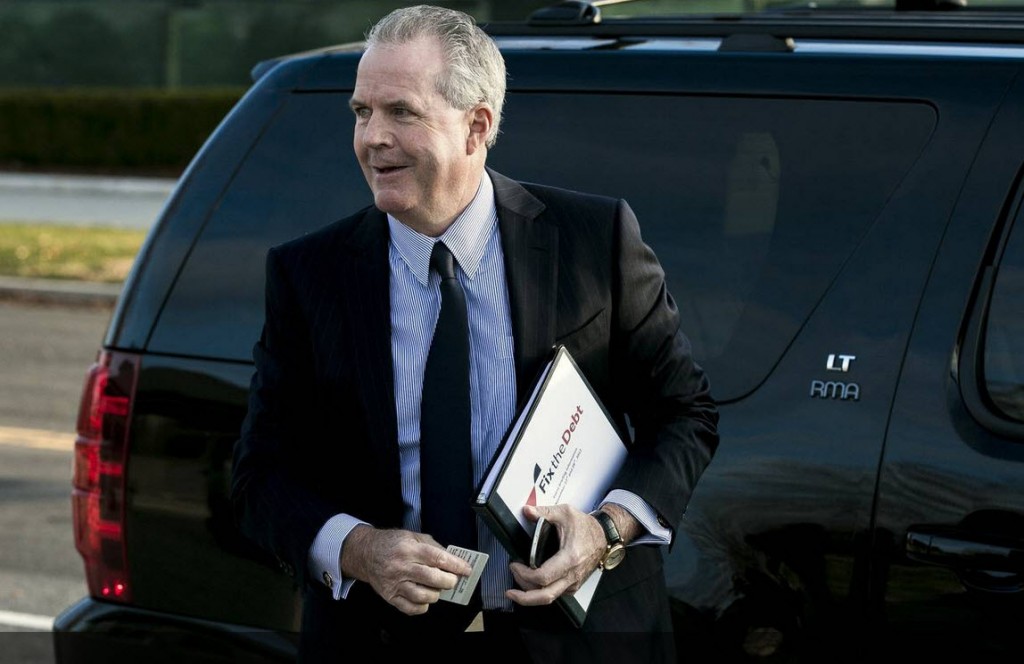One of my favorite managing partners is fond of observing that “law is a language art.” Our swords and shields are words; we invent with language. We create with subjects, verbs, and objects. We write on the blank canvas of the page, now the screen, to bring to life legal forms, agreements, and structures that never existed before.
When people talk loosely of “innovation” in Law Land, I suspect they often have an unconscious image in their minds of The Machine.
It’s a new and very different machine they are (in inchoate fashion) envisioning: word-processing, FedEx, and iPhones aren’t “The Machine” these people have vaguely in mind. Nor are predictive coding, e-discovery, project management, financial dashboards, or for that matter completely different staffing, pricing, and strategic models for law firms.
All these things, which have actually quite revolutionized the day to day life of lawyers compared with even 10 years ago, are at bottom superior (more productive, more efficient, cheaper, faster) ways of doing what lawyers have always done. Think of them as the Law Land equivalent of Tesla. It’s a great car, without doubt, perhaps the greatest car ever produced for its designated function, and it even has the promise of contributing to ameliorating global warming. But it’s still, uh, a car. Get in, press “Start,” etc.
No, The Machine they’re imagining is coming to do things very differently. It’s coming (our friend the managing partner again, musing) “to write Adam Smith, Esq.”
That, I will be the first to admit, would be a disruptive innovation of the highest order. (As Woody Allen famously said when asked if the prospect of death bothered him, “Death is OK with me, I just don’t want to be there when it happens.”)
Could it happen? Everything’s possible, and I’ve noted that inventions like IBM Watson have Moore’s Law on their side, and humanity does not. But is that really what’s going to happen, stated that baldly?
I think that if we’re holding our breath for innovation in the form of The Machine, we may have a very long wait indeed. Surely more than long enough that the skeptics with their “I told you so” mindset will prevail. And we will return to our natural resting state of complacency.
I recently gave a talk to the Executive Committee of a high-profile and enormously successful boutique in London, in which I touched, among other things, on the perils of complacency. One of the senior partners harrumphed when I finished, “Well, I heard the accountants were coming for us 20 years ago, and they’re still not here, so I’m not worried.” You take my point.
Let me close with a somewhat more nuanced observation on what Jimmy Lee accomplished.
He began his career out of college with “Comical” bank, recall. A few weeks ago at a gala here in New York the president of Goldman Sachs toasted Jimmy: “Any time you want me to host your retirement party, just say the word; the sooner the better.”
From Comical Bank to the president of the 800-pound gorilla of Wall Street acknowledging Jimmy had made JPMorgan a force to be reckoned with.
That may not be “disruptive” innovation to the industry of Wall Street, but it’s disruptive in spades to players in the industry. This is the type of innovation we should all be pursuing.



